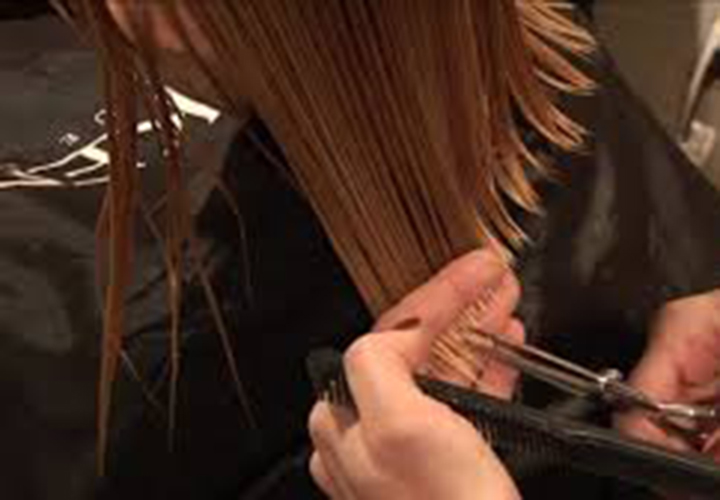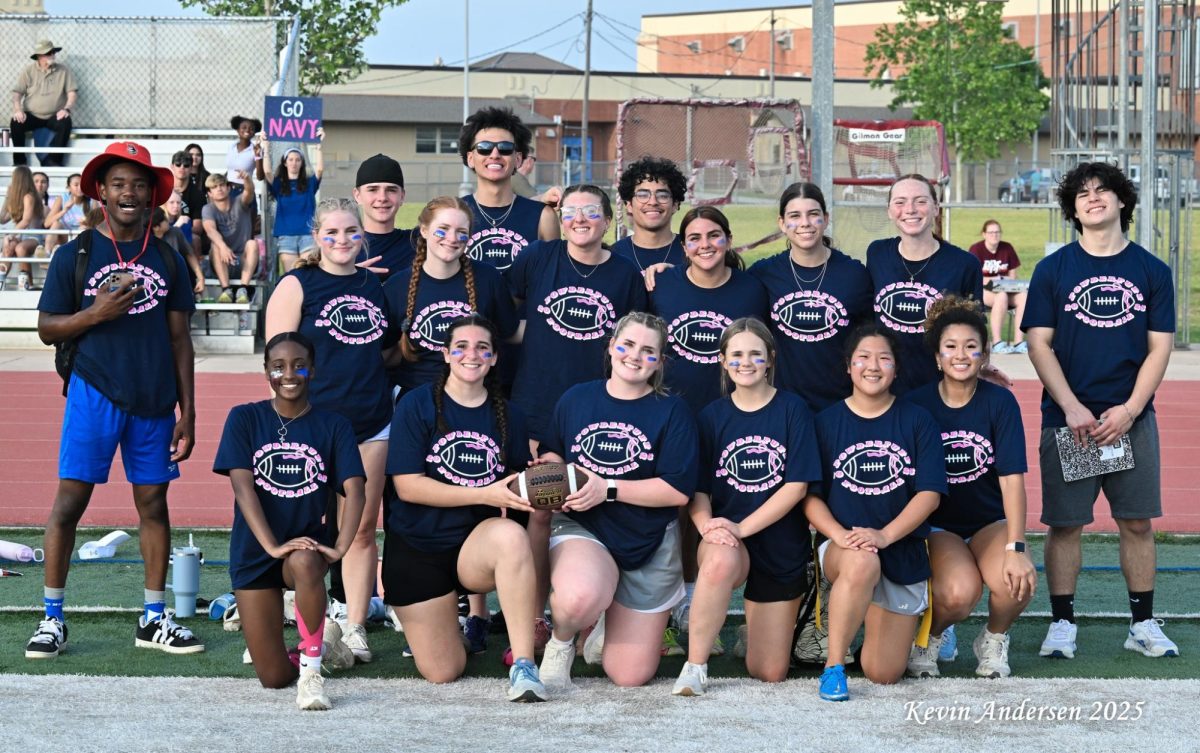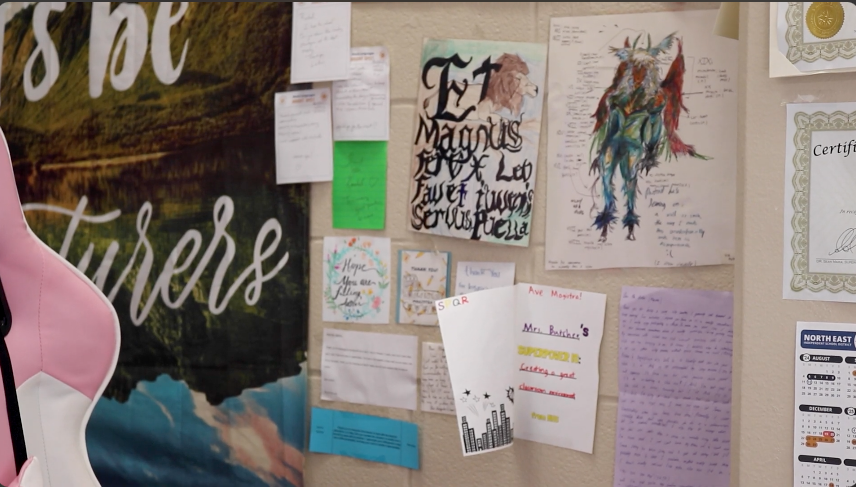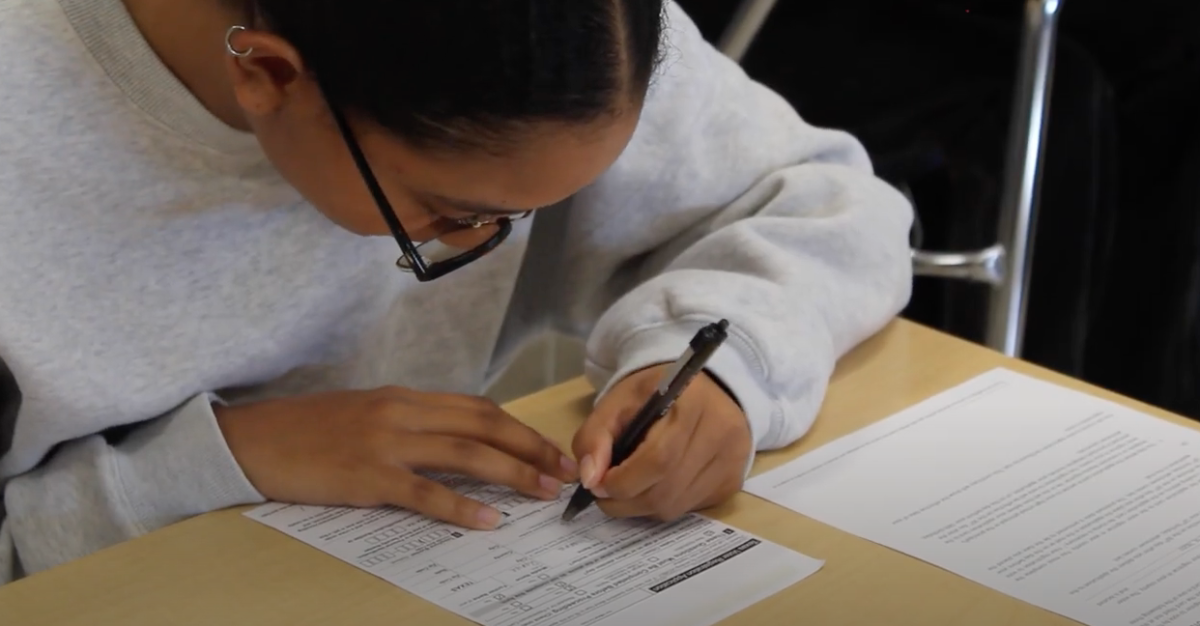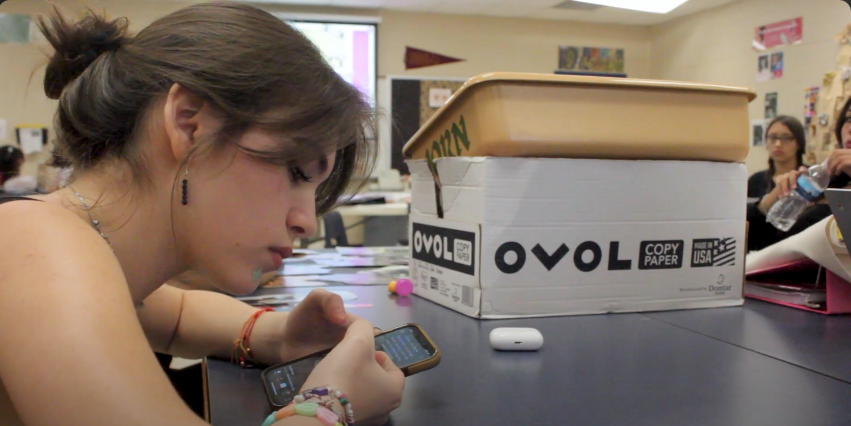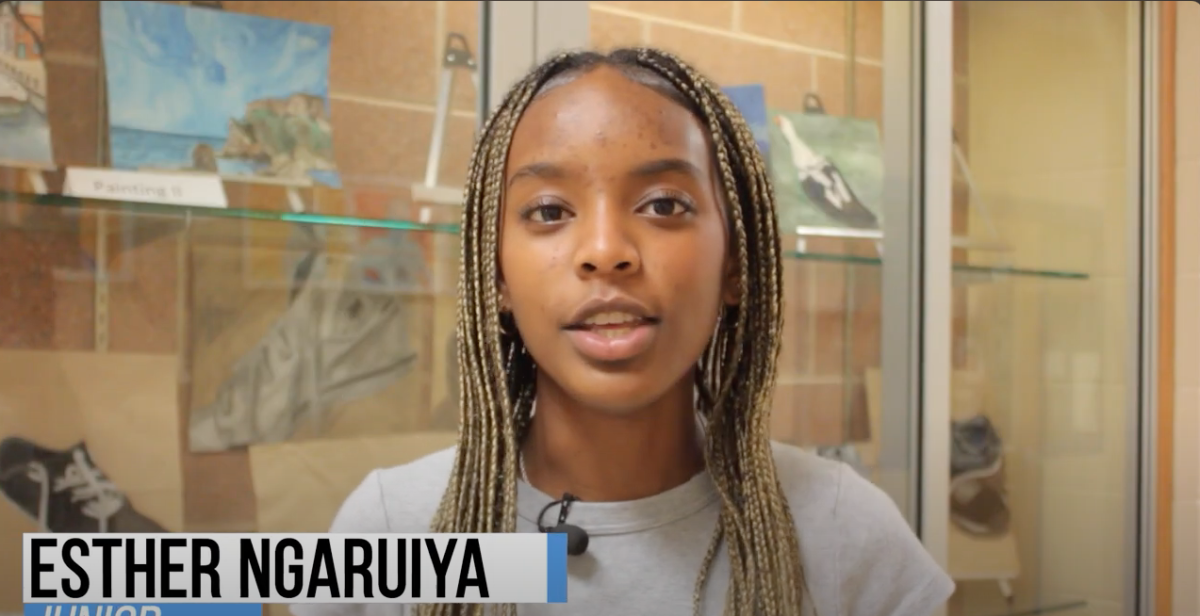by Karina Correa | tech editor
Two months ago, the school board decided colored hair won’t be against the dress code anymore.
“It’s kind of moving a little bit with the times. What might have been more of a distraction five to 10 years ago, not so much now,¨ Principal Gary Comalander said. ¨Those are just things the school board looks at because it is a board policy; it does have to go through the school board. It’s not something each school makes a decision on.”
Unnatural hair color will also be permitted on yearbook pictures, as it is part of the school and follows the dress code. Dyed hair for events like graduation will be discussed no later than January.
“It doesn’t bother me,” Comalander said. ¨When you get into the education business, you don’t try to take anything personally. It’s what’s best for almost 3,300 kids, 200 adults that work on the campus. While a rule or a policy might not be perfect for every individual, they do run well for a large group.¨
Students in previous school years saw the restriction as something which limited their self-expression, and have voiced gratitude for the change.
“I don’t know why the rule was even integrated in the first place. I think kids should have the opportunity to [express themselves],” senior Ben Christensen said. “It’s just the older people seeing it as such a big problem because they’re not used to the younger generations not being such a problem with their new form of expressions and whatnot.¨
Being hybrid for almost two years could’ve been the reason why this change was made to the dress code. Before the policy change, many argued that while some were being dress coded under the policy, others were not.
“There are 30,275 kids. It’s impossible to get or address every single infraction every day. Even with 175 teachers, there are so many more kids than there are adults to address it. I liken it to try telling an officer ‘why did you pull me over for speeding when everyone else was?’ Well, because there are a whole lot more people speeding on the highway and there are officers to pull a car over. Unfortunately, they’re going to catch someone and that person has to pay the consequences,” Comalander said.


